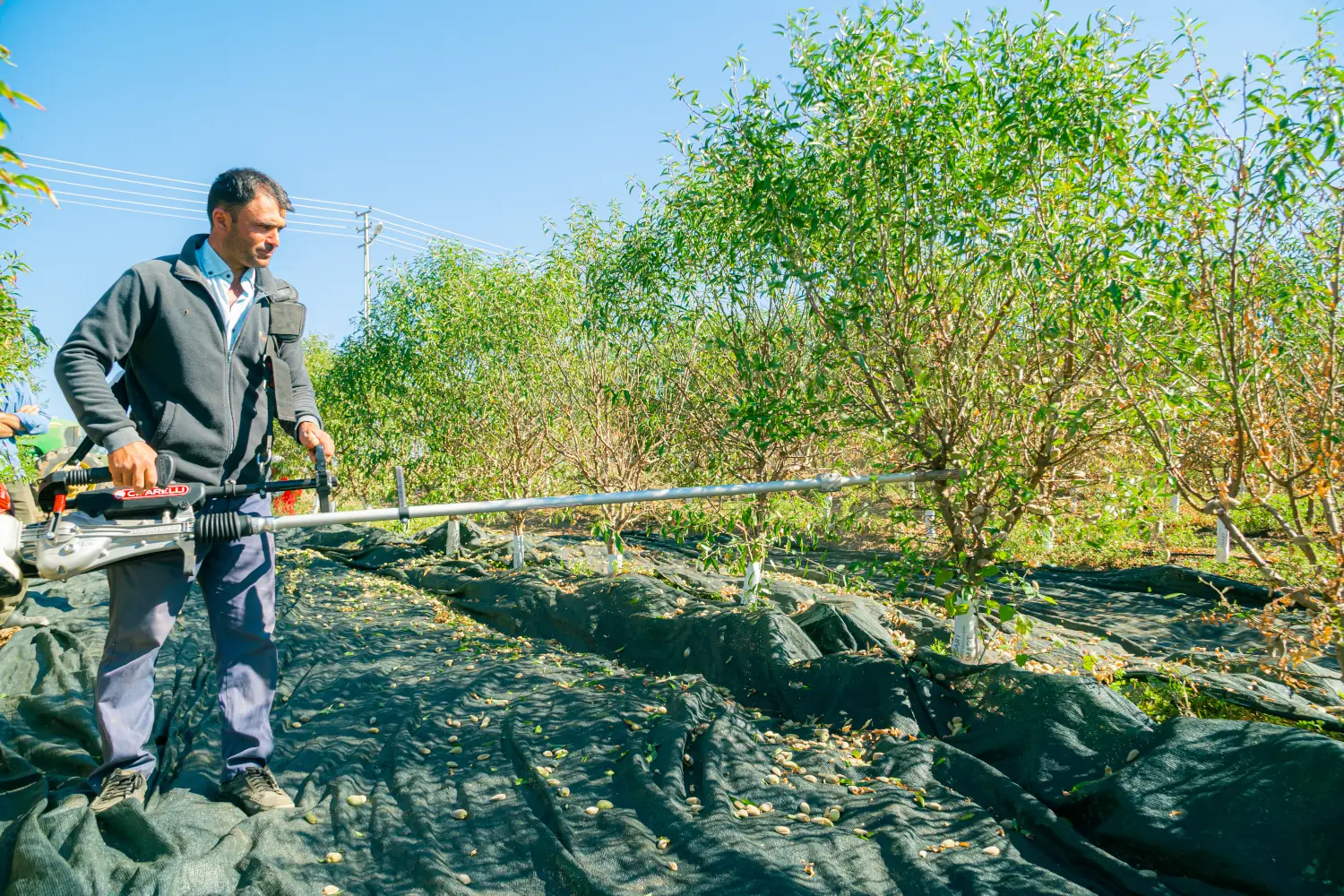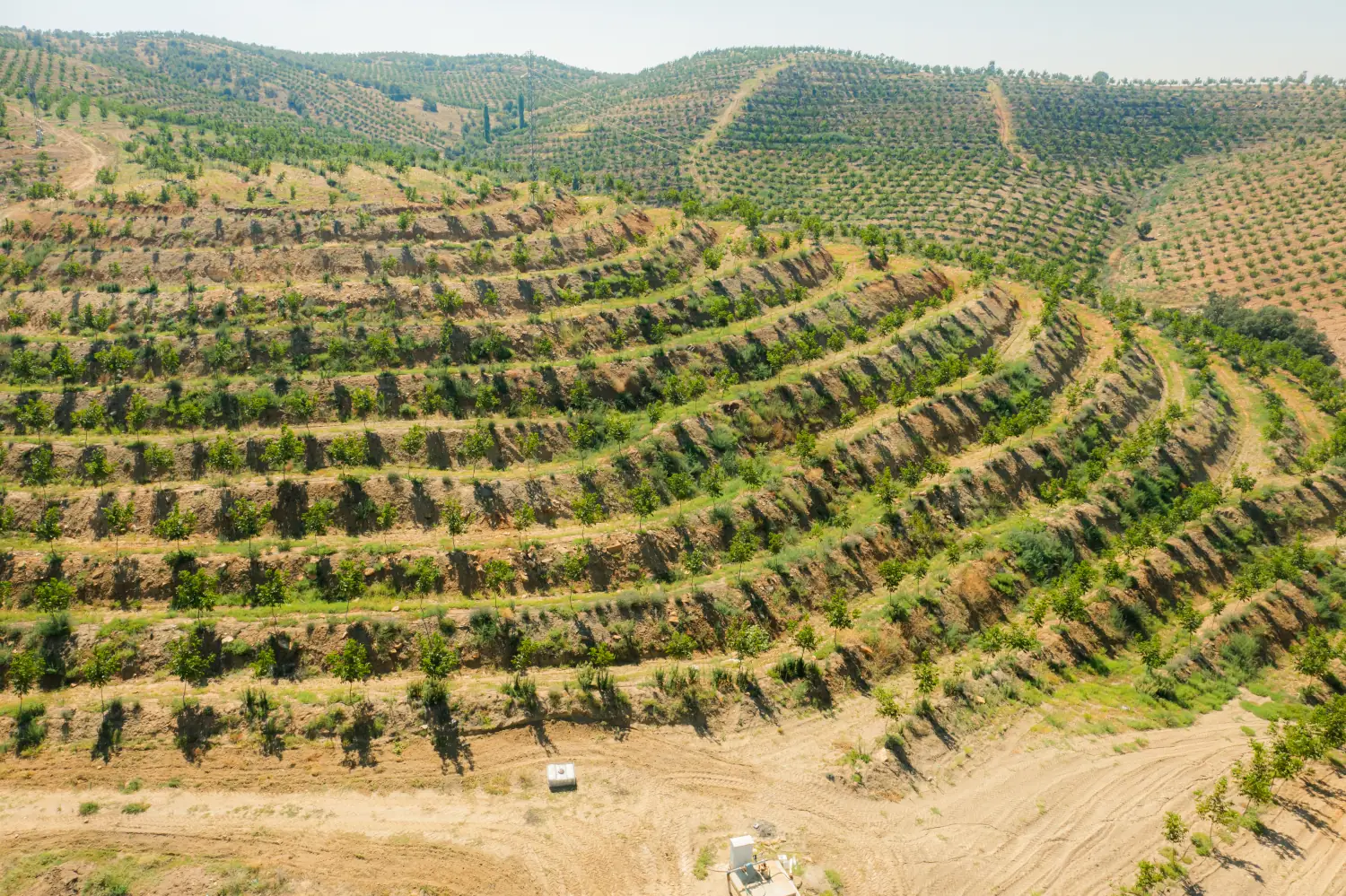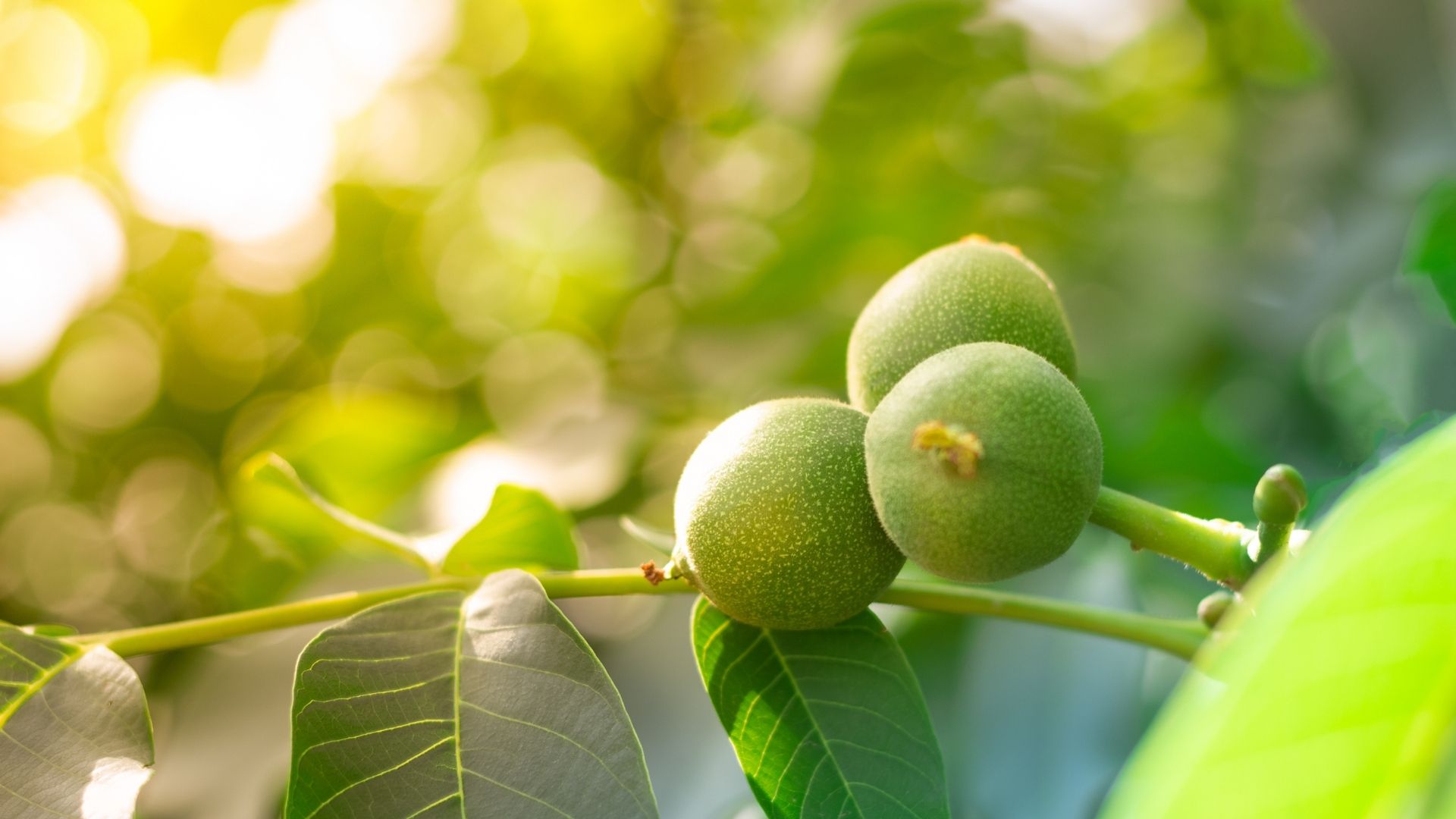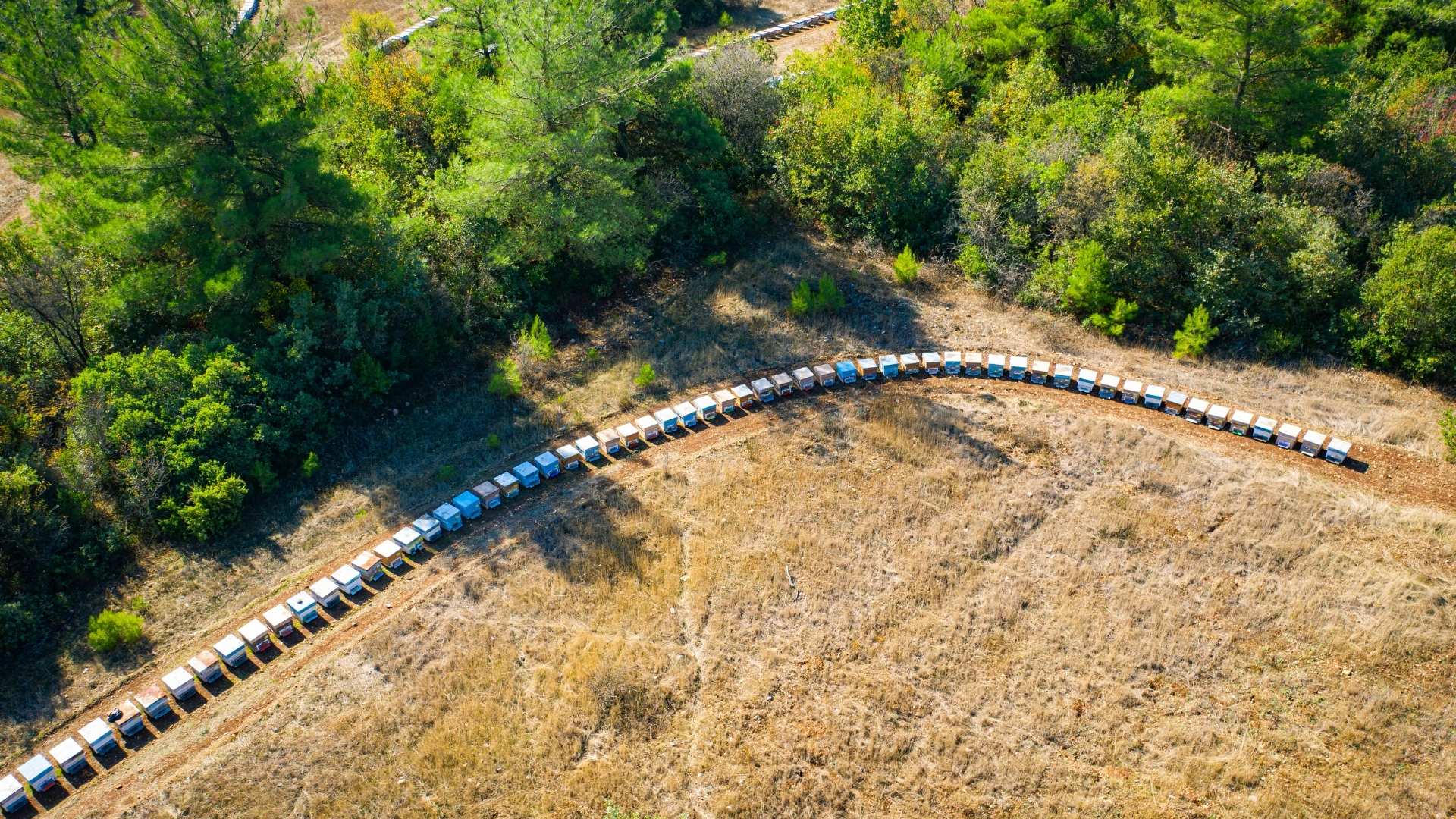
Regenerative Farming at A Glance
When we describe a farm to our children, we paint a rosy picture. A lovely setting with a wide variety of animals and crops and a careful hands-on approach from the farmers. However, the reality is quite different. The agricultural system has changed and advanced, enabling farmers to boost output without increasing total input use. But these adjustments cost something. Family farms of the past have given way to industrial, agricultural operations that prioritize mass production over sustainable agriculture. In this blog, we discuss the potential of regenerative farming methods.
The future of agriculture is changing. The green revolution successfully fed the world’s rapidly expanding population but also drained the soil, reduced biodiversity, and accelerated climate change. These extractive methods are not long-term solutions, so we need regenerative farming to revolutionize agriculture. This is an excellent opportunity for impact investors looking for an ethical way to invest their money. At Invest4Land, we strive to lead the way in ecologically friendly agricultural practices and bring to our investors a unique agriculture investment in Turkey. Let’s explore the topic of regenerative farming in more depth.
Industrial Farming is Failing
Farmland has been managed chemically intensively for more than 50 years, which destroys the asset itself. As a result, investing in industrial farming entails particular dangers, including using pricey, synthetic chemical inputs that can eradicate biodiversity and essential soil life. Furthermore, depleting soils of nutrients can ultimately increase wind and water erosion and reduce production. Additionally, it may cause run-off that contaminates waterways. In turn, these exacerbate the effects of climate change and other environmental factors. These effects may also result in decreased productivity and profit, which are detrimental to the livelihood and well-being of farmers, investors, consumers, and rural areas. That’s why we need to turn to regenerative farming practices to ensure a healthy food supply for generations to come and healthy returns for farmers and farmland investors.
What is Regenerative Farming?
Regenerative farming is an advancement over conventional agriculture that uses less water and other inputs, stops land deterioration, and preserves the environment. It increases farming’s productivity and profitability while preserving and enhancing soil, biodiversity, climate resilience, and water resources. In the application of regenerative farming, farmers work with the land rather than against it at the origin of many fundamental regenerative agriculture practices, such as agroforestry, intercropping, and integrating livestock, so the systems work together harmoniously.

The Case for Regenerative Farming
The problem we are currently facing is how to continue producing enough food for everyone on the planet while preserving traditional, ecologically friendly farming methods. Why are so many impact investors now considering making investments in regenerative farming? To discover the solution, guarantee the feeding of billions of people, develop sustainable food practices, and generate income along the way.
Regenerative farming is the foundation of regenerative food systems. One of the first forms of agriculture investment, farmland investment, is supported by persistent land appreciation, historically excellent returns, and an appealing risk-reward ratio while acting as an inflation hedge. However, the management approaches used on industrial farms have led to degraded land being a recognized and unaccountable externality. Fortunately, new techniques and investors in farming are paving the way for the regenerative shift by creating farmland portfolios that improve and restore soil health while generating significant financial and ESG returns.
Furthermore, because the system of regenerative farming practices can result in lower input costs, the ability to grow higher value crops and access new markets and premiums, and, as an added benefit, increased resilience, reducing the risks associated with volatile weather, regenerative farming can be significantly more profitable than conventional agriculture.
Invest in a Regenerative Future with Invest4Land
It is evident that we must switch to sustainable and regenerative farming techniques. Improved agricultural methods have the transformative capacity to help us satisfy our sustenance needs, preserve quality land for future generations, and positively impact the environment.
Invest4Land offers an extraordinary chance for agricultural investment in Turkey through our managed farmland model and walnut farms in Turkey. Through Invest4Land, you can buy a farm in Turkey, and our professional team helps our investors by producing only the best quality, environmentally friendly walnuts. We are committed to growing healthy crops in tune with nature and avoiding using dangerous synthetic fertilizers and pesticides. As a result, our investors get great satisfaction knowing they invest in high-quality natural products that generate healthy returns. Why not make this smart move to build a regenerative future? Contact us, and our knowledgeable advisors will review the exciting agricultural investment opportunities with you.



